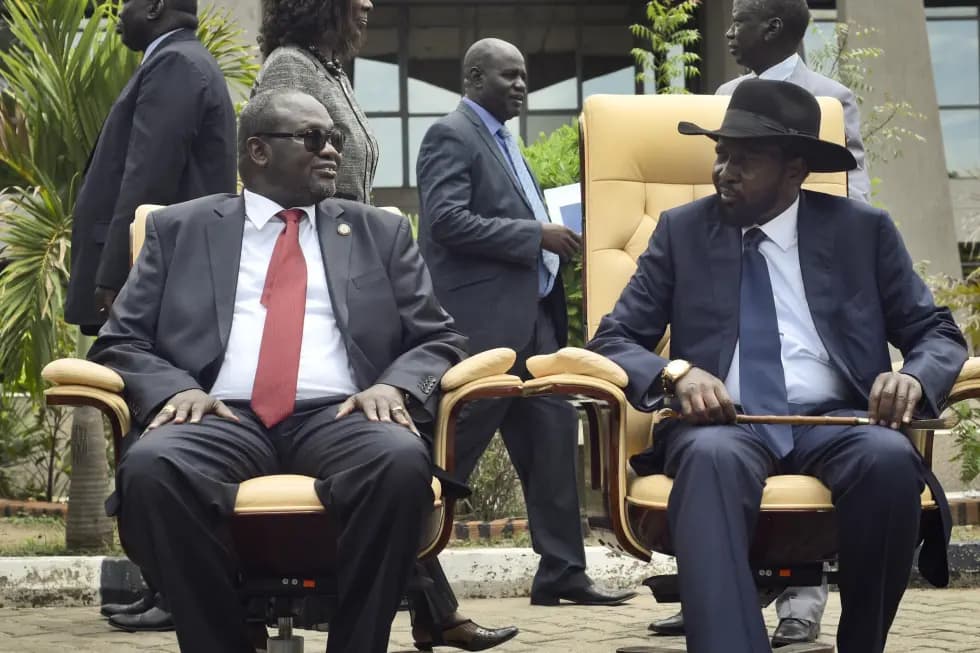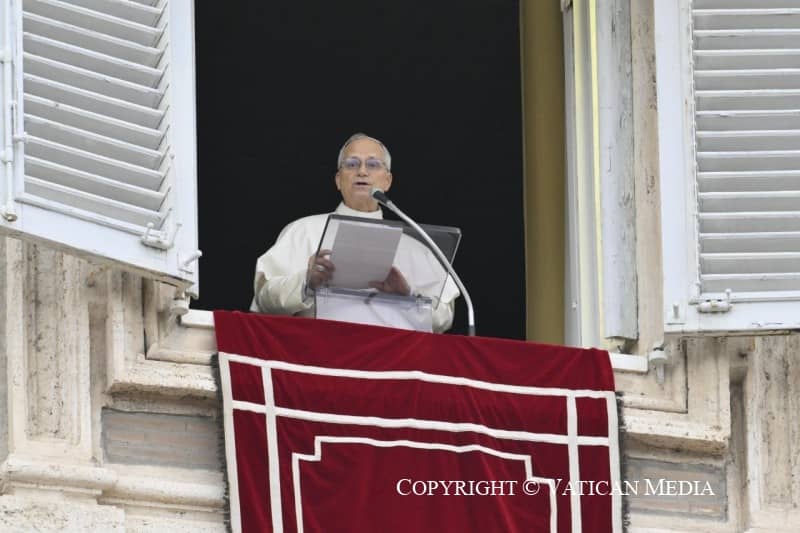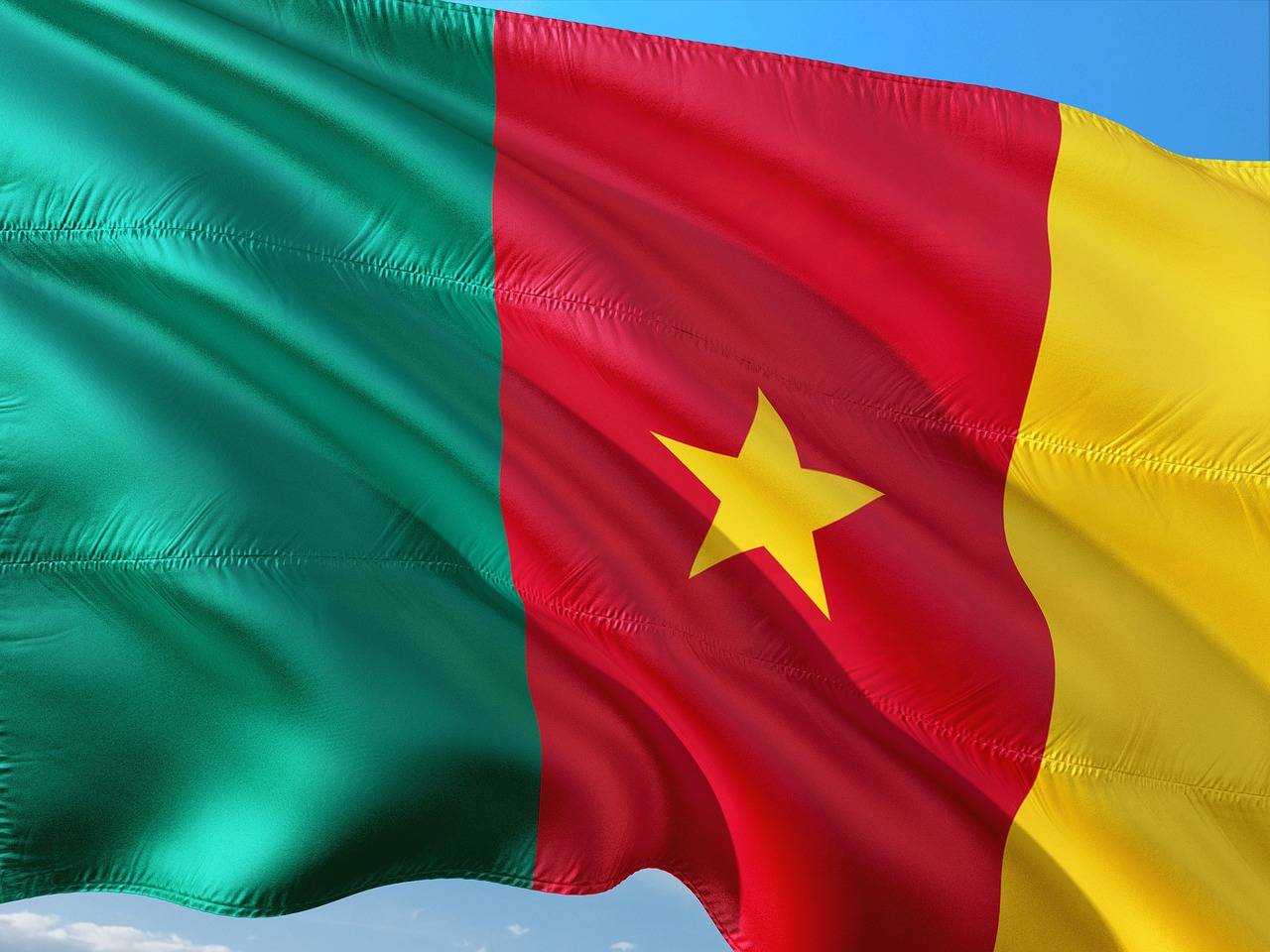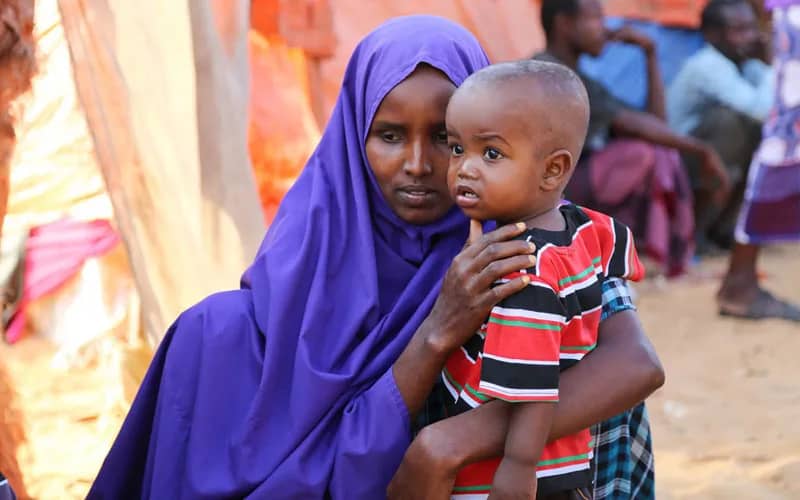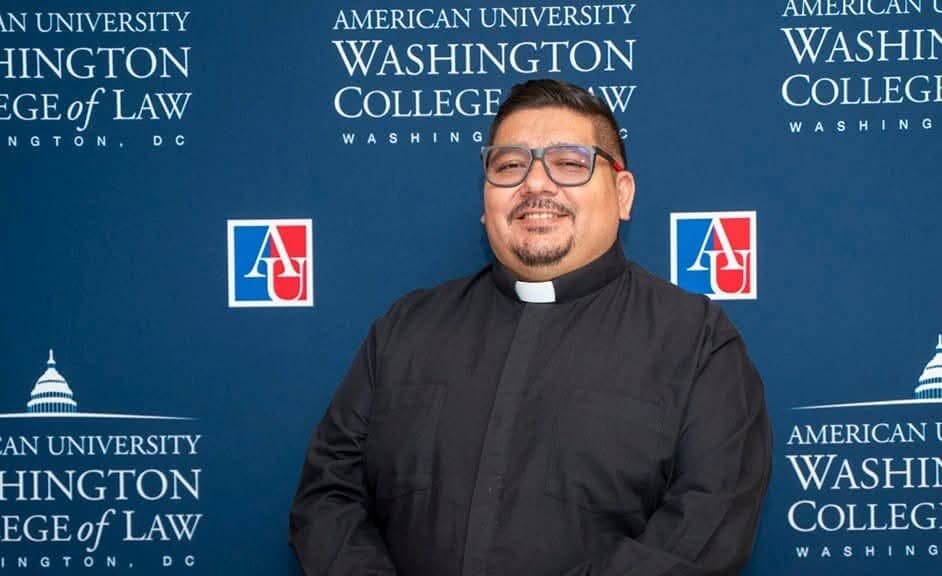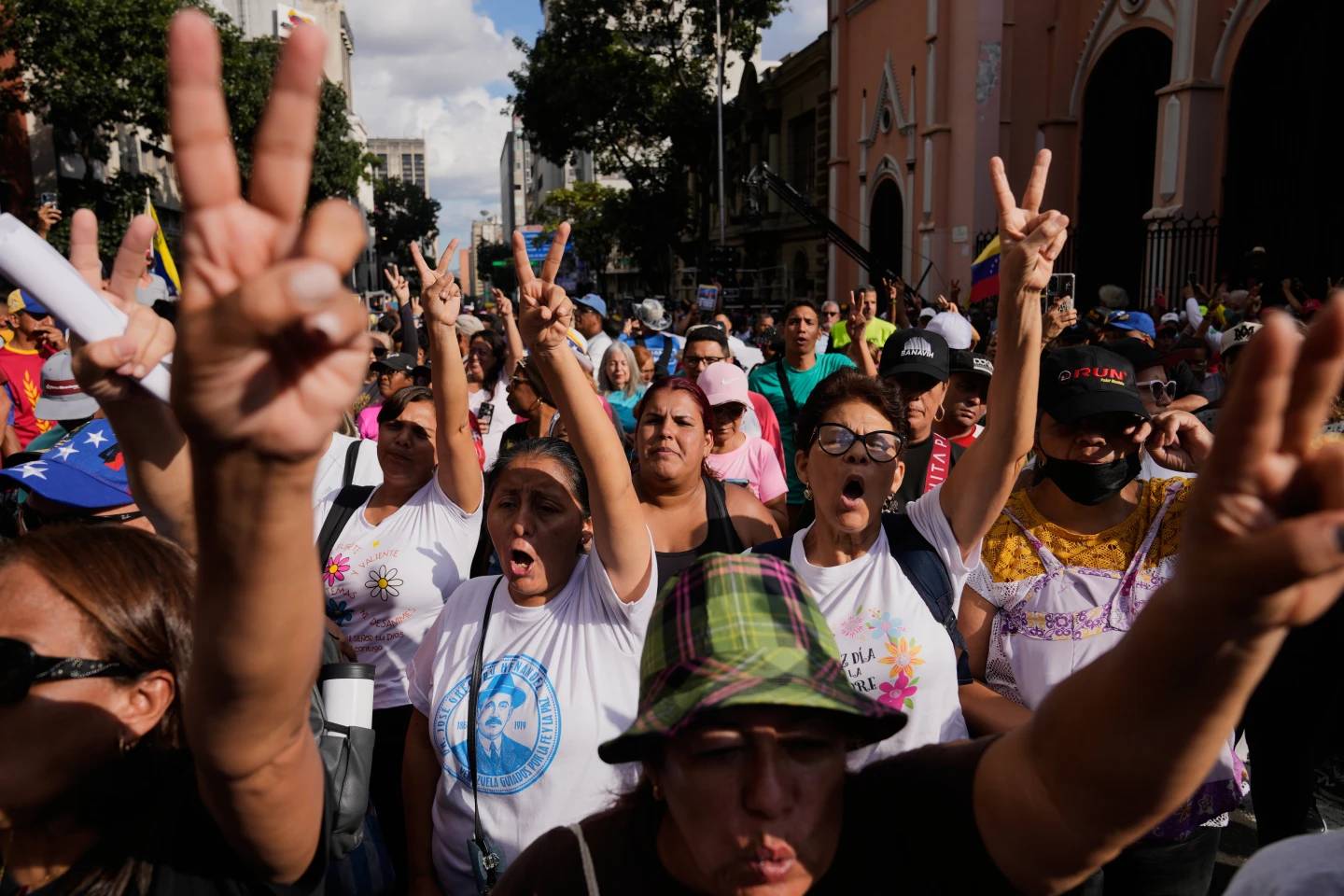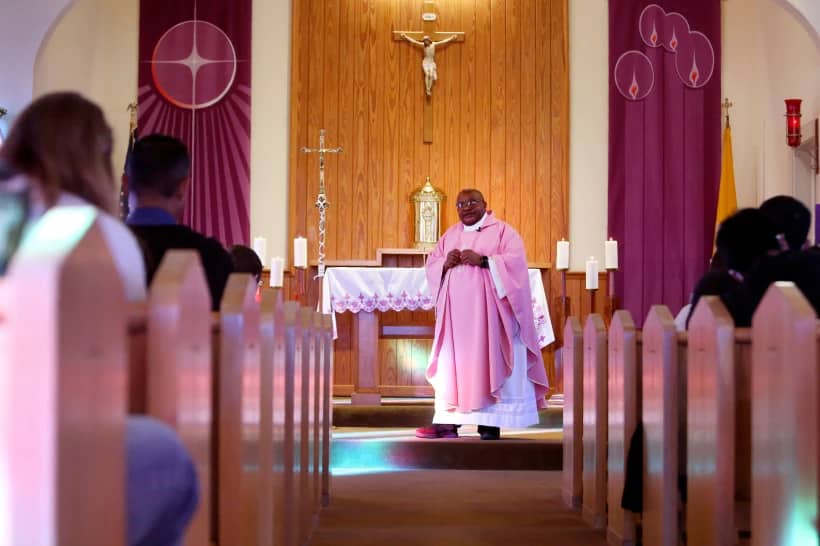YAOUNDÉ, Cameroon – As South Sudan gears up for general elections in December, Catholic bishops in the world’s newest country say they are disappointed at the government’s lack of preparedness.
It will be the first ever election conducted in the country since it obtained independence from Sudan in 2011.
In a June 29 pastoral message at the end of a two-day meeting in the capital Juba, the bishops said an election isn’t a one-off affair but a process, and blasted the government for failing to live up to the bidding of such an undertaking.
“Like all South Sudanese, we look forward with hope to the day when free and fair elections can be held in our country, but we are disappointed at the government’s lack of preparation,” they said.
“An election is not a single event, but a whole process spread over time. This involves many elements, including establishment of an independent electoral commission, demarcation of constituencies, registration of voters, political parties and candidates, training electoral officers, civic education, the logistics of voting in our vast land which has poor infrastructure and communication, security and a peaceful environment conducive for voting.”
In fact, the bishops said, “virtually none of this has taken place.”
They also complained that insecurity and floods in several parts of the country could limit people’s capacity to take part in the voting.
The disappointment is even greater because the December polls are supposed to be the last step in the implementation of a peace deal, called the “Revitalized Agreement on the Resolution of the Conflict in the Republic of South Sudan (R-ARCSS),” an agreement signed in the aftermath of the civil war in 2013.
The agreement called for the drafting of a permanent constitution, security sector reform, transitional justice, reconciliation and other elements.
“Most of these have not been fulfilled, so it’s difficult to see how the final element can legitimately be implemented without implementing all others,” the bishops said.
Despite this, Bishop Eduardo Hiiboro told Crux that the Church is preparing to do what it can to assist with the forthcoming elections.
“We would like to inform the world and inform the country that we are more than ever prepared, especially now that the election is coming towards the end of this year. The Catholic Church is engaging in voter education, citizen awareness and all that it would take for people for fair and free elections, avoiding violence,” he said.
Complaining about the lack of commitment by some political actors to the peace process, the bishops said the “Tumaini Initiative” hosted by Kenyan President William Ruto could offer a way out.
The Tumaini Initiative is an extension of the Rome-based initiative spearheaded by the Community of Sant’Egidio, which brings together both signatories and non-signatories of the R-ARCSS to seek a way forward.
It was launched in the Kenyan capital Nairobi on May 9, and seeks an inclusive peace process by including groups that did not sign the 2018 peace agreement.
Parties to the initiative have been meeting in Kenya to figure out how to ensure an inclusive peace process in the country, and ultimately end up with free, fair and transparent elections.
Several religious leaders have backed the effort.
“To the esteemed leaders of South Sudan, both at the negotiating table in Nairobi and those holding the reins of power in Juba, a historic opportunity lies before you. Let peace be the defining act of your leadership and every decision you make in this peace process,” said the Inter-Religious Council of East Africa (EAIRC).
“Let the weapons fall silent. Let this be the generation that ushers in an era of lasting peace for South Sudan,” the statement said.
Highlighting their own support to the Tumaini Initiative, the South Sudan bishops urged all parties to “take these negotiations seriously.”
“Whatever happens, they should remain in dialogue and refrain from words and actions which might contribute to violence,” the bishops said.
Father John Gbemboyo, Social Communication Coordinator of the Sudan Catholic Bishops’ Conference, told Crux that “the country has continued to rely on people of good will to boost the effort that was started by Sant’Egidio in Rome,” in order to restore the country to peace.
Sudan’s bishops recognized that fact that the R-ARCS has reduced large-scale armed confrontation between various armed groups, but asserted that it hasn’t resolved the underlying causes of violence, notably lack of constitutional government, corruption, nepotism, land disputes and the failure of governance and the rule of law.
The bishops therefore said they believed it was critical for the Sudanese people “to look beyond the R-ARCS and elections, to move beyond power struggled between different parties and factions, and to begin a true national dialogue on “the South Sudan we want.”
That, they said, implies a dialogue “independent of political and military elites, and which listens to all voices, particularly faith communities, civil society, traditional chiefs, elders, women and youth.”
